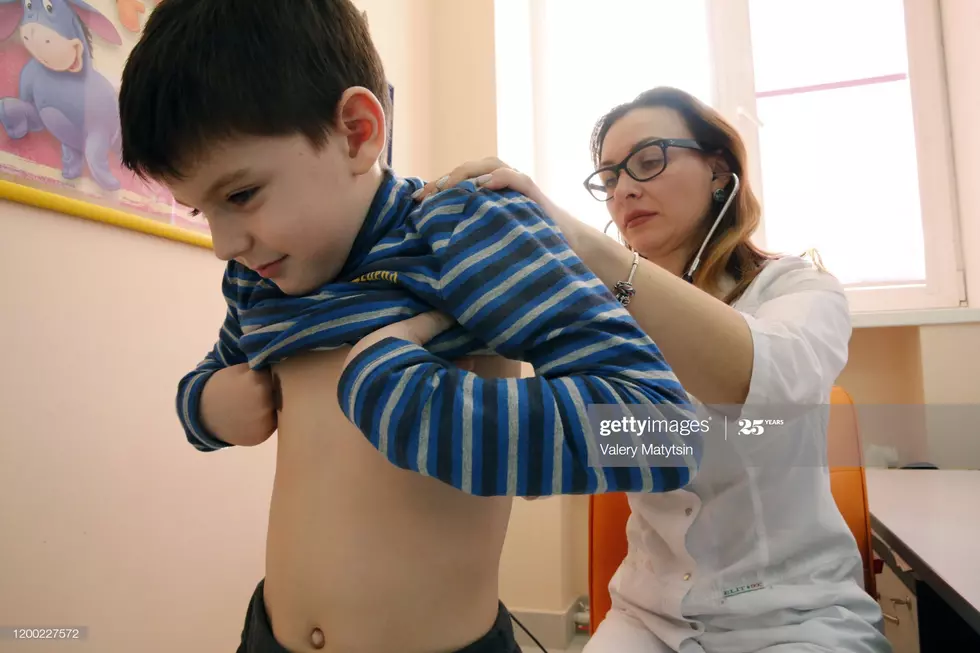
How To Talk About Coronavirus With Your Kids
Over the weekend I was talking about the Coronavirus with my wife, Lisa. It occurred to me we were talking about it in front of our son, Jacob. He seemed to be afraid so we were quick to try to calm him down. How do you talk to your kids about this?
With many schools closing it might be time for you to sit down your children and have a talk. What is Coronavirus? How can you protect yourself? What questions do you have?
This morning I spoke with Dr. Jamie Quintana, pediatrician at Grand River Medical Group Pediatrics.
She has five kids of her own and first explained that Coronavirus has been around for a very long time. The old strains we're used to usually just to equate to a common cold.
The disease the virus causes has been named COVID-19. It is more virulent and is showing a greater mortality rate, so it is very important to be aware of the symptoms. (Find a link to the CDC website here.)
When talking to your kids, Dr. Quintana suggests calming your own anxieties first. Kids take cues from their parents so if you seemed alarmed, they will get anxious, too.
Don't avoid the subject. With schools cancelling classes, kids are aware there's something going on. Try to answer their questions as simply and truthfully as possible. Keep your answer as age-appropriate as you can.
At the same time, many of us might have the tendency to give them more information than they're developmentally ready for or give too many details and that isn't necessary either. Dr. Quintana says to take your cues from your children and answer their questions truthfully and honestly.
She said to keep in mind that children feel very empowered when they know what to do so be sure to cover the basics with them. Covering their mouth and washing their hands for at least 20 seconds are important, too. (Soap, water and 20 seconds of scrubbing... like singing 'Happy Birthday' to yourself twice.) They should do this after coughing, blowing their nose, sneezing or using the bathroom.
As for why schools are closing, Dr. Quintana says to explain to your kids that adults are working really hard to keep everybody safe. This will give them a reassurance that the burden isn't on them to keep themselves safe, rather to keep everyone safe.
As for other tips, Dr. Quintana says the boredom of no school may force people to look at play dates and other social activities for your kids. She's encouraging you to avoid this as it's the exact reason they are cancelling school to begin with.
Thanks for reading this. Stay healthy.
~Chris Farber
More From Y105







